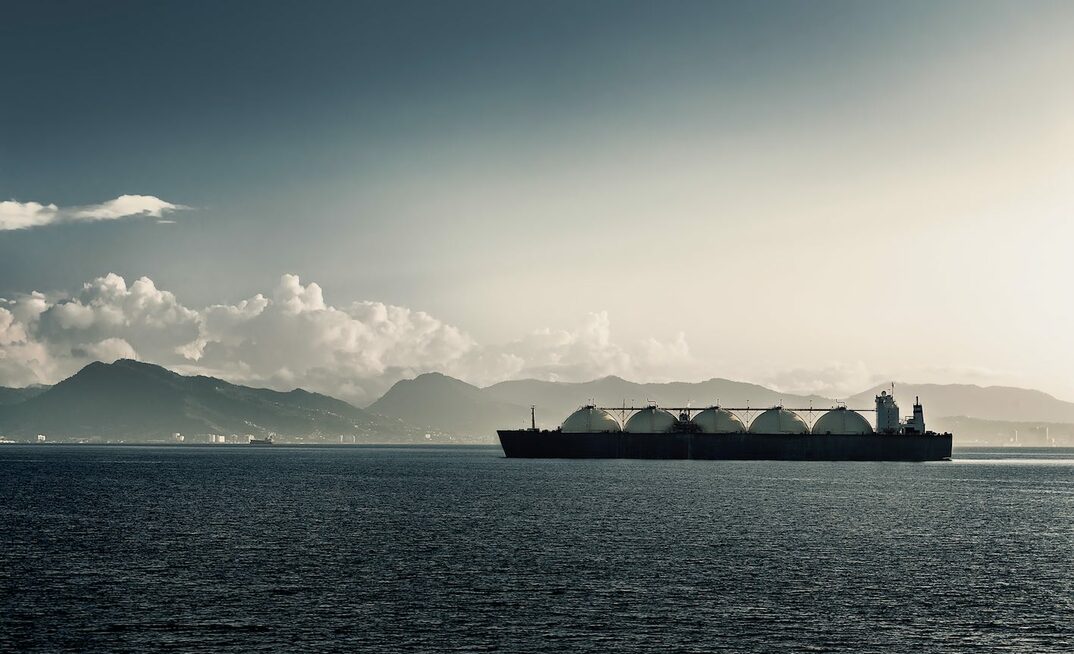A study by research group Berkeley Research Group shows that lifecycle greenhouse gas emissions from US liquefied natural gas (LNG) are significantly lower than coal and pipeline gas resources being used by nations in Asia.
The four-year study, commissioned by US industry body LNG Allies, has been released against the backdrop of a halt to LNG export approvals announced by the US Government in late January.
The research tracks lifecycle emissions from US LNG from upstream production, through liquefication, shipping and then use in power generation in China, India, Japan, South Korea and Taiwan.
It compares these emissions against those of coal and pipeline gas use in these countries.
YOU MIGHT ALSO LIKE
It found that US LNG greenhouse gas emissions are 53 per cent lower than coal and on average 63 per cent lower than pipeline gas from Turkmenistan and Russia.
The study estimates that use of US LNG in place of coal in Asia in 2022 alone resulted in as much as 130 million tonnes of greenhouse gas emissions being avoided.
"This is a very comprehensive report – and it shows why approvals for US LNG exports must be resumed quickly," Asia Natural Gas and Energy Association CEO Paul Everingham said.
"The report illustrates the importance of US LNG to Asia, as a fuel that supports emerging nations to access energy needed for economic growth while also reducing emissions from power generation.
"Large parts of Asia, particularly South Asia and Southeast Asia, remain heavily reliant on high-emitting coal for electricity.
"This report clearly demonstrates that generation from US LNG in Asia has a far lower emissions profile than coal - especially so for combustion, where the emissions intensity of coal was nearly three times higher.
"The study also found that the upstream emissions profile of US LNG is significantly smaller than that of pipeline gas from Turkmenistan and Russia currently being used in Asia.
"Emerging nations in Asia must make decisions about what their energy systems will look like decades in advance.
"The current approvals pause has resulted in uncertainty about future availability of US LNG exports and increased the likelihood that coal use in Asia will become institutionalised in the long term.
"By resuming approvals, the US Government can signal to partners in Asia that the US intends to remain a reliable LNG supplier, enabling nations to pair gas with renewable energy as they plan for low-carbon futures."























